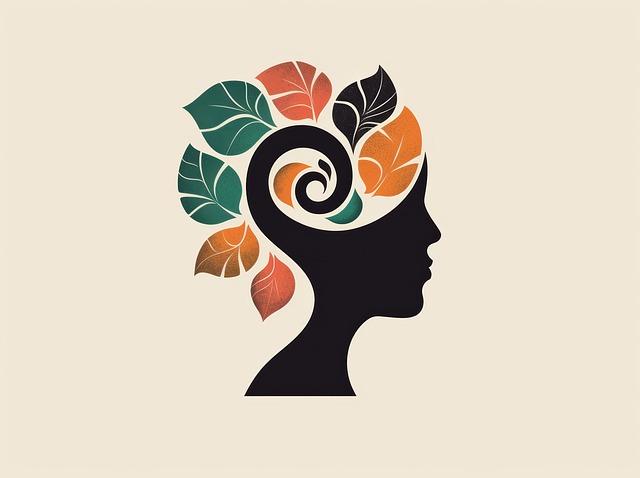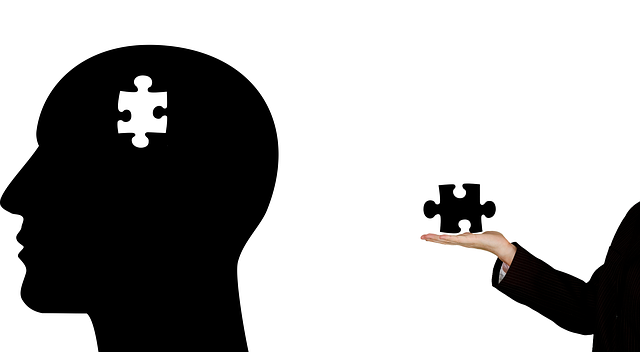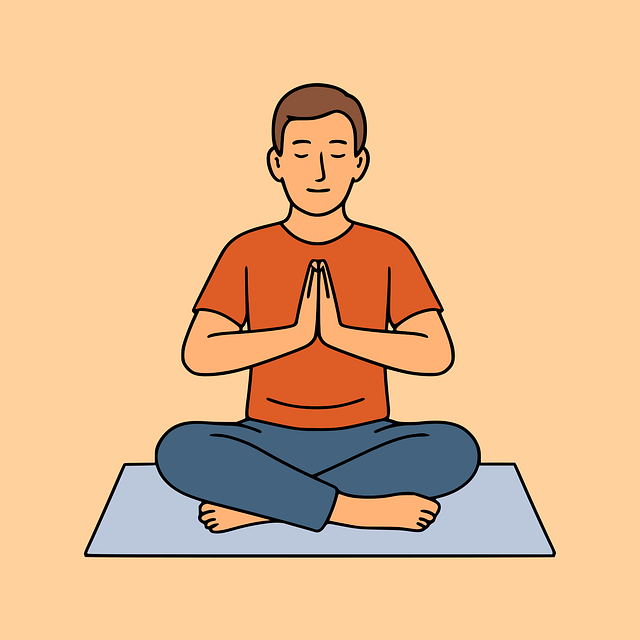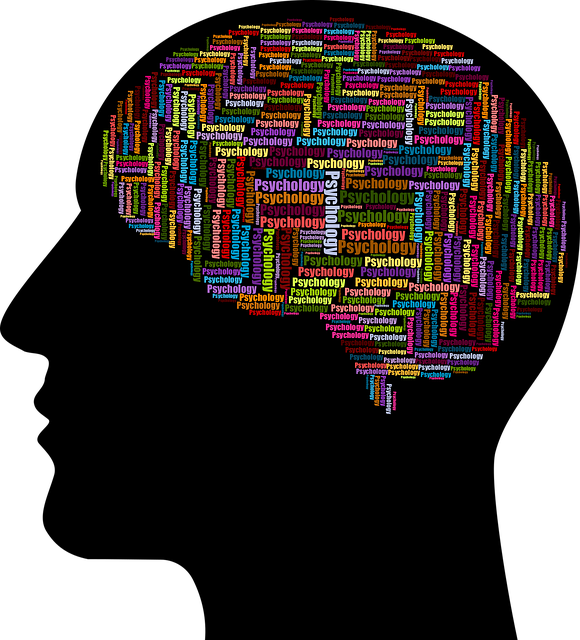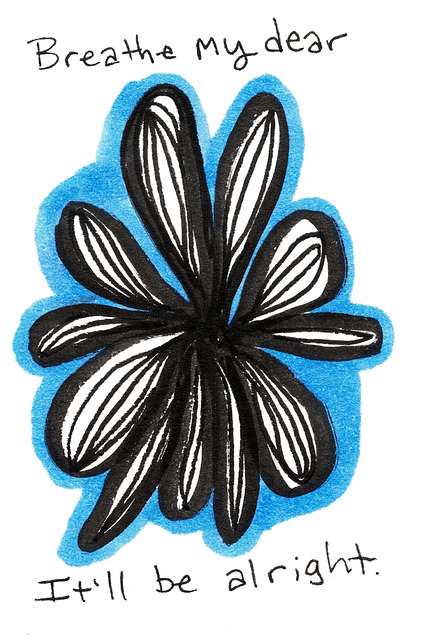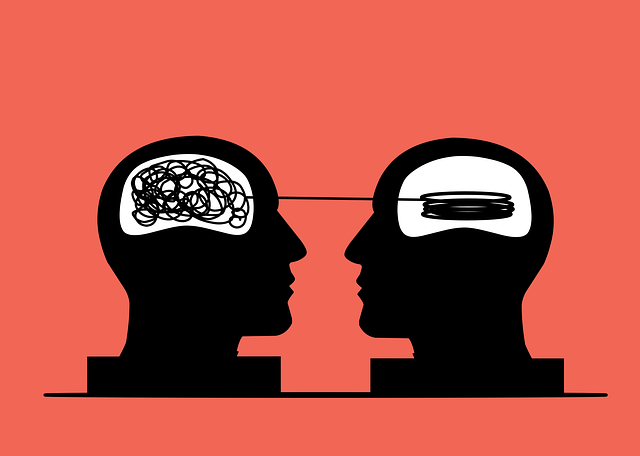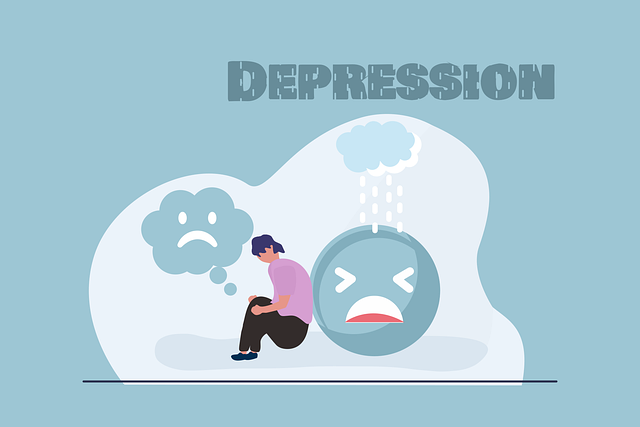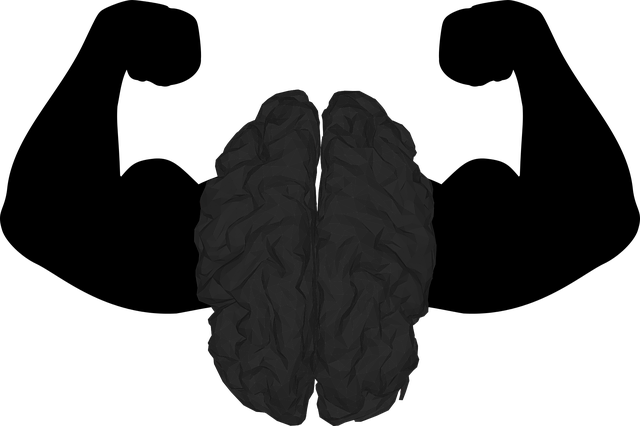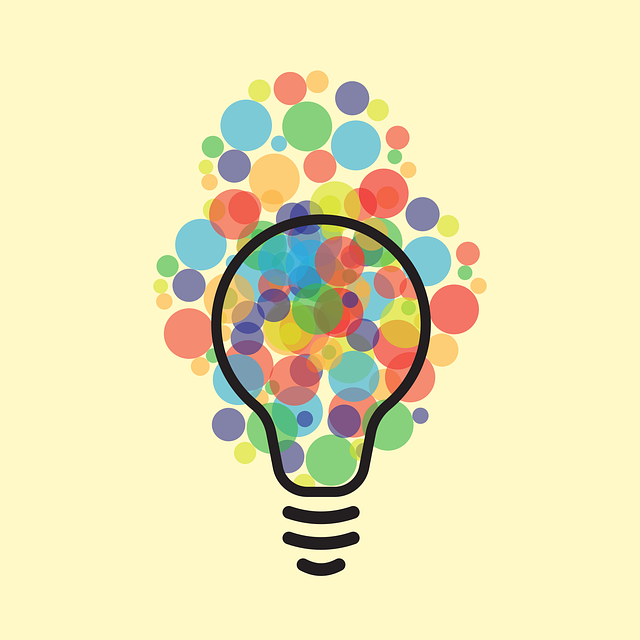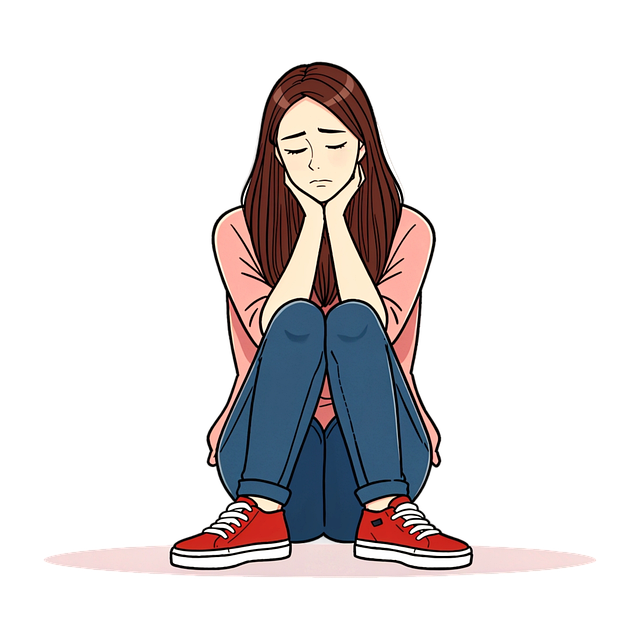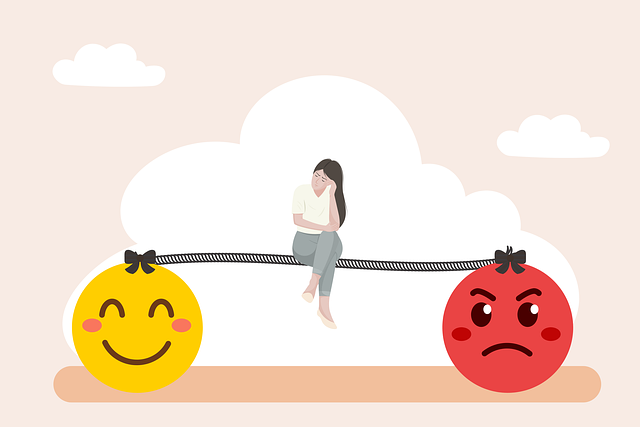Understanding mental wellness is key to developing effective self-care routines for individuals with learning disabilities, as promoted by Parker Learning Disability Therapy. By identifying personal needs through introspection and external resources, one can create tailored routines including mindfulness, physical activity, creative outlets, and quality sleep. Integrating self-care into daily life, with flexibility and compassion, enhances mental health and resilience, challenging the impact of disabilities for a balanced lifestyle.
“Unwind, rejuvenate, and discover the power of self-care—a transformative journey essential for individuals with learning disabilities navigating mental wellness challenges. In this comprehensive guide, we explore the intricate relationship between mental health and learning differences through the lens of Parker Learning Disability Therapy.
We’ll walk you through a step-by-step process, from recognizing personal needs to creating a tailored self-care routine that fosters resilience and overall well-being.”
- Understanding Mental Wellness and Its Impact on Individuals with Learning Disabilities
- Identifying Personal Self-Care Needs: A Journey of Self-Discovery
- Building Blocks of a Self-Care Routine: Strategies and Techniques
- Integrating Self-Care into Daily Life: Tips for Consistency and Sustainability
Understanding Mental Wellness and Its Impact on Individuals with Learning Disabilities

Understanding mental wellness is paramount when developing self-care routines for individuals with learning disabilities. Mental wellness refers to our emotional, psychological, and social well-being, influencing how we think, feel, and act in daily life. For those with learning disabilities like those supported by Parker Learning Disability Therapy, maintaining mental wellness can be uniquely challenging due to the intersection of cognitive differences and potential co-occurring mental health concerns.
Emotional healing processes are vital in promoting mental wellness for this demographic. Empathy building strategies, tailored to their specific needs and strengths, can foster a sense of belonging and understanding. By recognizing and addressing their unique emotional landscapes, we can empower individuals with learning disabilities to develop healthy coping mechanisms, enhancing their overall resilience and quality of life.
Identifying Personal Self-Care Needs: A Journey of Self-Discovery

Identifying Personal Self-Care Needs marks a profound journey of self-discovery. It’s akin to unearthing unique pieces of a puzzle that constitute your well-being. This process involves introspection, reflecting on your emotions, thoughts, and behaviors. Recognizing triggers for stress or anxiety, understanding what rejuvenates you, and acknowledging any underlying mental health conditions—such as those managed by Parker Learning Disability Therapy—are crucial steps in this journey. By paying close attention to these aspects, individuals can tailor their self-care routines to address specific needs, fostering improved emotional well-being.
This introspective approach extends beyond personal experiences; it draws from various sources like books, workshops, and even public awareness campaigns development initiatives that promote anxiety relief techniques. These resources offer valuable insights into different self-care practices, helping individuals make informed decisions about what works best for them. Incorporating these strategies into daily life—be it through mindfulness exercises, regular physical activity, or quality social connections—contributes to a holistic approach to emotional well-being promotion techniques.
Building Blocks of a Self-Care Routine: Strategies and Techniques

Building a robust self-care routine is akin to crafting a personalized roadmap to mental wellness. It’s a transformative process that empowers individuals, especially those navigating challenges like learning disabilities, to take control of their emotional well-being. At the heart of this journey lies a strategic blend of techniques designed to nurture and sustain a healthy mind.
At Parker Learning Disability Therapy, we emphasize the importance of tailored strategies for Depression Prevention and Mental Health Awareness. This involves a combination of mindfulness practices, such as meditation and deep breathing exercises, which can significantly reduce stress and anxiety levels. Additionally, engaging in regular physical activity, whether it’s a brisk walk or a yoga session, boosts mood and improves cognitive function, fostering an overall sense of calm and resilience. Incorporating creative outlets like journaling or artistic pursuits allows for emotional expression and provides a unique channel for self-reflection. Moreover, prioritizing quality sleep through consistent routines and relaxing bedtime rituals ensures the mind and body recharge optimally. By integrating these building blocks into daily life, individuals can proactively enhance their mental health, thereby challenging the impact of any disability and promoting a balanced lifestyle.
Integrating Self-Care into Daily Life: Tips for Consistency and Sustainability

Integrating self-care into daily life is a vital step in cultivating mental wellness, but sustainability can be challenging. At Parker Learning Disability Therapy, we emphasize the importance of consistent, tailored practices that cater to individual needs. A successful self-care routine isn’t about rigid schedules; it’s about making time for activities that recharge and rejuvenate your mind, body, and spirit. Start by identifying small pockets of time during your day—maybe a few minutes of mindful breathing in the morning or a short walk during lunch. These moments can collectively make a significant difference over time.
Consistency requires embracing flexibility and self-compassion. Incorporate activities that align with your lifestyle and interests, whether it’s engaging in a hobby, practicing yoga, journaling, or connecting with loved ones. Consider incorporating these practices into existing routines to make them stick. Regularly assess your mental health needs and adjust your self-care plan accordingly. Remember, self-care isn’t a luxury but an essential investment in your overall well-being, just as regular check-ups are crucial for physical health, as explored in our Mental Wellness Podcast Series Production, and risk assessment for mental health professionals.
Developing a personalized mental wellness self-care routine is a powerful tool for individuals with learning disabilities, as it empowers them to navigate their unique challenges. By understanding the impact of mental health on learning, identifying personal needs through self-discovery, and implementing effective strategies, one can create a sustainable routine. The article has explored various techniques, from mindfulness practices to structured routines, offering a comprehensive guide for Parker Learning Disability Therapy. Integrating these self-care practices into daily life encourages consistency and fosters resilience, enabling individuals to thrive and lead fulfilling lives.
